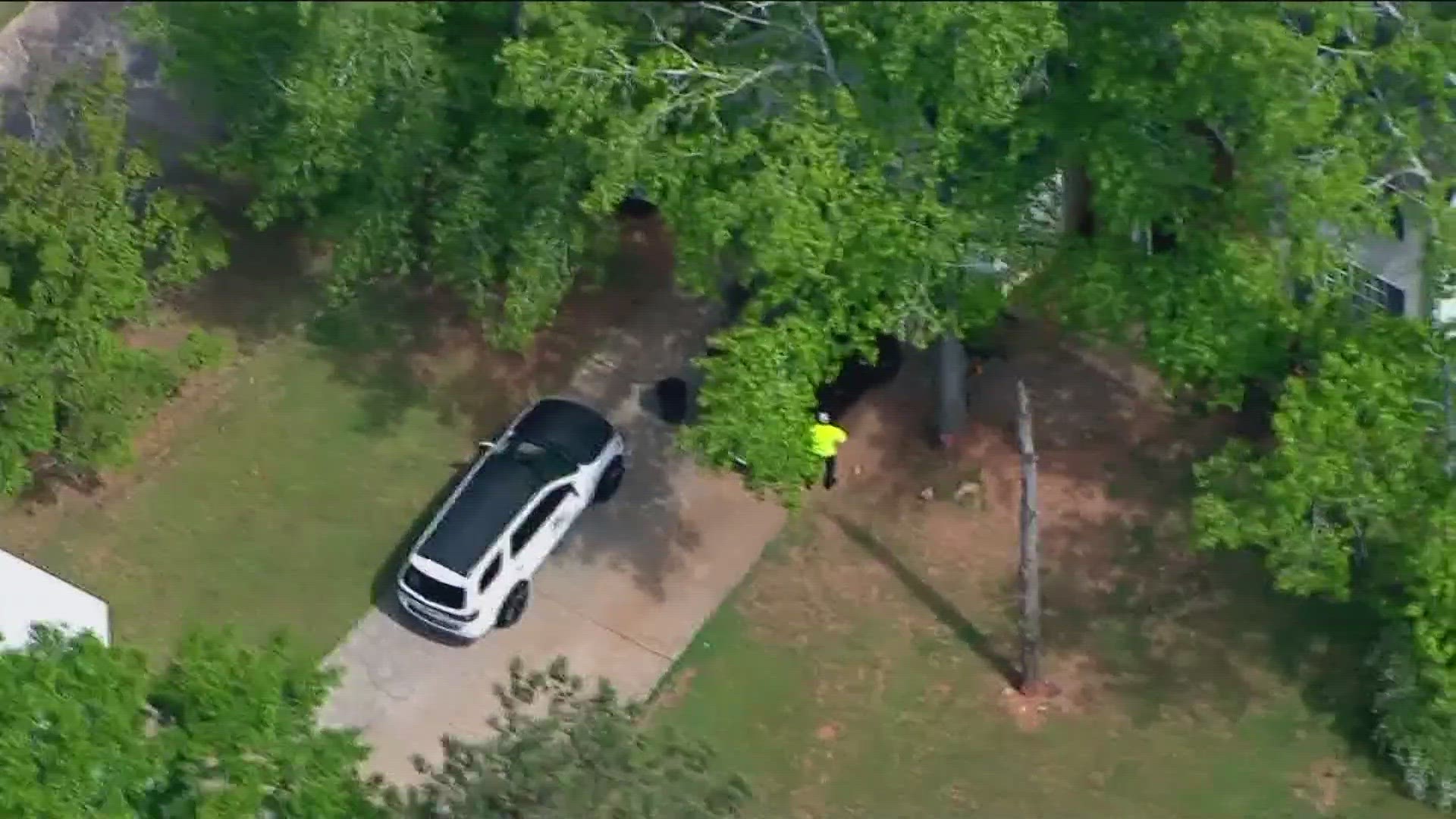ELLENWOOD, Ga. — A man was charged in connection with shooting a teenager who was allegedly trying to steal his car in Ellenwood on Tuesday, according to DeKalb Police.
The 30-year-old man is facing an aggravated assault charge, police said Tuesday afternoon. The DeKalb County Police Department said the 17-year-old also faces an entering auto charge.
Officers were dispatched around 8:58 a.m. near the 3400 block of River Mill Lane, where they reported a 17-year-old boy had been shot. The police department has not provided an update on his condition.
During their investigation, officers said the teen and two others are accused of breaking into a car at the address. Police said they were trying to take the vehicle when the homeowner came out to confront the group.
The homeowner then shot the 17-year-old, police said, while the two others ran off. DeKalb Police have not released any information on the other two people connected to the incident.
Stand Your Ground in Georgia
Many are wondering why the homeowner was not protected from being charged due to Georgia's Stand Your Ground law, O.C.G.A. § 16-3-23.1. However, according to an Atlanta attorney, the circumstances weren't right.
"It (Georgia's Stand Your Ground law) was meant to protect your home, your vehicle; it also gives you the right to protect others," Attorney Jonathan Ross said.
In most cases, Ross said, the stand-your-ground law only protects the car if someone is inside or getting in or out. Not if you are far away and a threat is not approaching you.
"If you bring yourself to the danger, you are the initial aggressor; you don’t have the right to be protected by the stand your ground law," Ross added.
The law draws a fine line emphasizing first that a person is being threatened for their life before it protects the property.
"Unless they came at him, then he would have the right, or if they presented a firearm or something that would have shown an elevation of... circumstances," Ross said.
According to the law, people have the right to protect themselves and others in public places, Ross said, but again, only when a deadly threat is approaching them.

